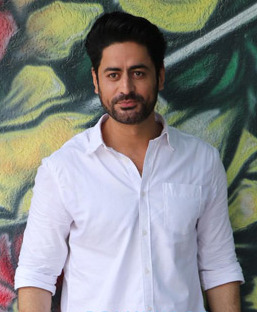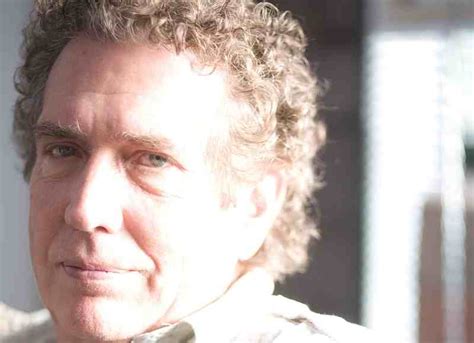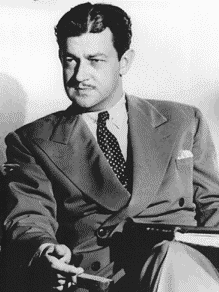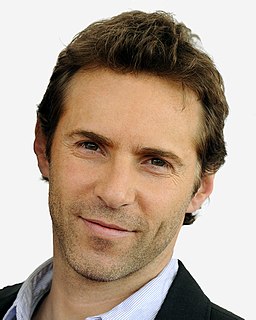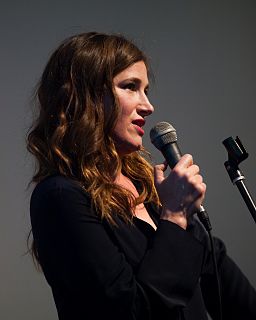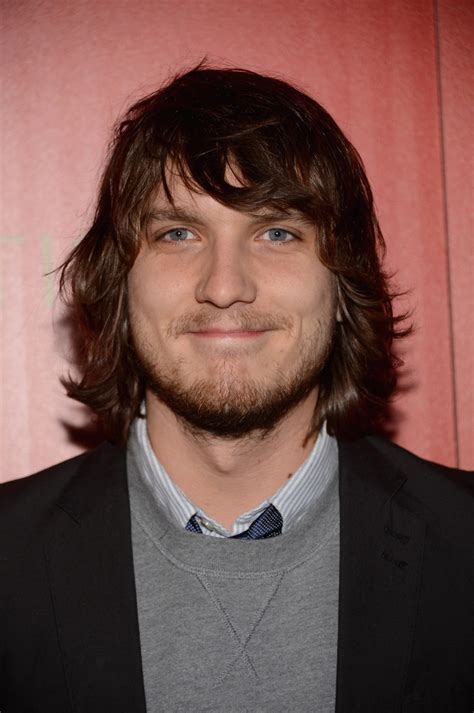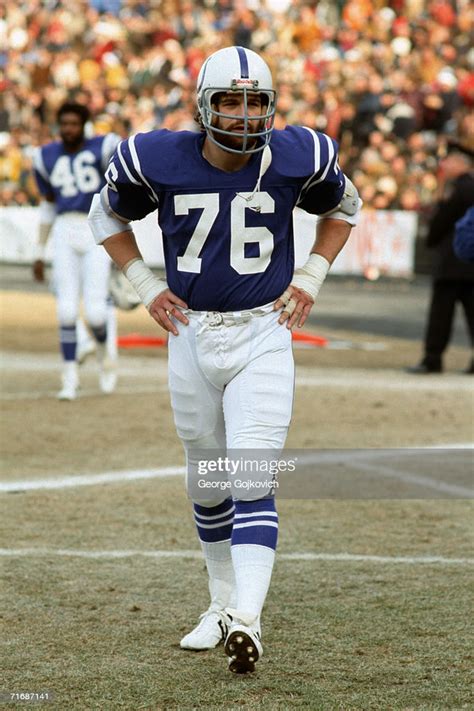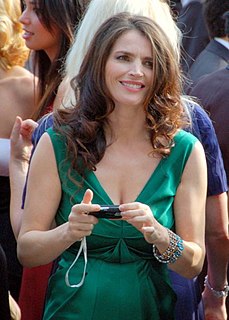A Quote by Mohit Raina
Every character gives you something or the other, and you can't calculate it unless you are living the character. You learn something about the character that stays with you.
Related Quotes
When you are writing, you have to love all your characters. If you're writing something from a minor character's point of view, you really need to stop and say the purpose of this character isn't to be somebody's sidekick or to come in and put the horse in the stable. The purpose of this character is you're getting a little window into that character's life and that character's day. You have to write them as if they're not a minor character, because they do have their own things going on.
I'm thinking like the character in order to be as authentic as I can. But after a while, how would I be able to cleanse myself from this unless I do something that's a different medium but also creative. That's what I do. It's my little ritual. After every filming, I just write a poem about it and my character specifically and I can let her go.
I actually take images of things and put them up around the wall and in a room. I set a room aside. It might be colors, it might be animals, or energy and words. And I'll just leave it there, so it begins to work on my subconscious when I think about the character. Which gives me some latitude to be really flexible and spontaneous but within the context of the character and the world of the character without having to think about it. Or I'll look at something or read something and let it work on my subconscious mind.
One of the great myths in America is that sports build character. They can and they should. Indeed, sports may be the perfect venue in which to build character. But sports don't build character unless a coach possesses character and intentionally teaches it. Sports can team with ethics and character and spirituality; virtuous coaching can integrate the body with the heart, the mind, and the soul.
Whatever character you play, whatever film it is, whatever story it is, for me, in my training it's always something that gives you a layered character, it's understanding the secret of that character, and so whatever comes up as "Oh, I thought that person was that," you are always carrying that within you. So actually what you're playing all the way through is both and it's just what comes out in the scene or the circumstance.
